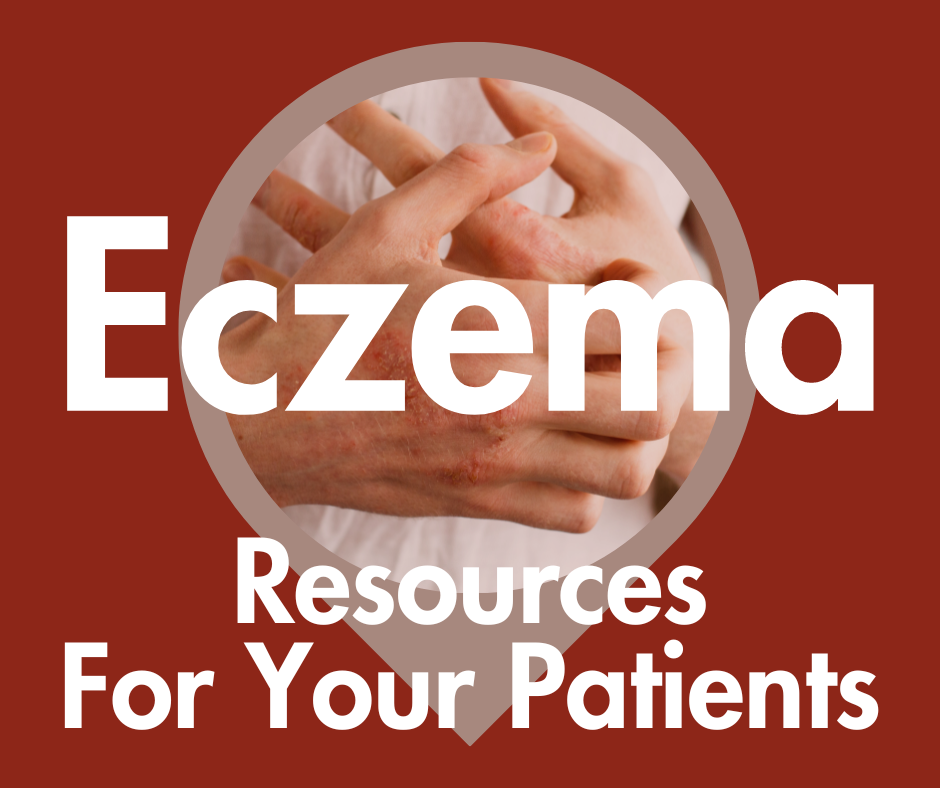- Case-Based Roundtable
- General Dermatology
- Eczema
- Chronic Hand Eczema
- Alopecia
- Aesthetics
- Vitiligo
- COVID-19
- Actinic Keratosis
- Precision Medicine and Biologics
- Rare Disease
- Wound Care
- Rosacea
- Psoriasis
- Psoriatic Arthritis
- Atopic Dermatitis
- Melasma
- NP and PA
- Skin Cancer
- Hidradenitis Suppurativa
- Drug Watch
- Pigmentary Disorders
- Acne
- Pediatric Dermatology
- Practice Management
- Prurigo Nodularis
- Buy-and-Bill
News
Article
Editorial Advisory Board Insights for Eczema Awareness Month: Raj Chovatiya, MD, PhD
Raj Chovatiya, MD, PhD, shares his atopic dermatitis insights.
Throughout National Eczema Awareness Month, Dermatology Times® will be featuring Q&As with the expert dermatology professionals who are a part of our Editorial Advisory Board.
Raj Chovatiya, MD, PhD, of Northwestern University Feinberg School of Medicine, shares his insights into the evolving treatment and research landscapes of atopic dermatitis.

Dermatology Times: What emerging research or developments in the field of dermatology hold the most promise for improving the quality of life for patients with atopic dermatitis in the coming years?
Raj Chovatiya, MD, PhD: Day by day we are unraveling the immunopathogenesis of atopic dermatitis. Much of this has tracked with therapeutic development – seeing how well drugs work teaches us more about the disease itself. I’m most excited about emerging monoclonal antibodies and small molecules that are venturing beyond the IL-4/IL-13 axis that our first generation of therapies have targeted so well. My hope is that we are going to find the right treatments for every patient.
Dermatology Times: How can dermatologists better educate patients and their families about the chronic nature of atopic dermatitis and the importance of long-term management and prevention strategies?
Chovatiya: Over the past several years we’ve learned so much about the truly systemic burden of disease in patients with atopic dermatitis – it is not just a skin-limited inflammatory disorder. It’s our job to take these findings directly to the patients and caregivers. In my experience, during the patient encounter, additional emphasis on the myriad signs, symptoms, and comorbidities of this disease really helps to underscore why this is a chronic condition and why it deserves a long-term treatment strategy.
Dermatology Times: What are some of your go-to treatment approaches for atopic dermatitis (orals, JAKs, topicals), and what therapeutic options do you reach for when initial treatment choices aren’t as affective?
Chovatiya: The shortest answer to this question is that it truly depends on the patient. Atopic dermatitis is unique in that guidelines and recommendations are only one part of the discussion. Patient choice and motivation is an equally important aspect to treatment selection. That being said, my goal with patients is always to treat as selectively as possible and reduce corticosteroids as much as possible – in all their forms. This means that the sooner I can move away from topical corticosteroids and broader acting systemic therapies, the better. In line with new and emerging therapies, my goal is to get my patients regularly treated with non-steroidal topicals if I can, followed by targeted biologics or oral small molecules for those with moderate-severe disease.
Dermatology Times: Can you share your insights on the psychological and emotional impact of atopic dermatitis on patients, and how can dermatologists offer holistic support in addition to medical treatment?
Chovatiya: The burden of atopic dermatitis is multidimensional. One important dimension that is frequently overlooked in dermatology (and medicine in general) is psychosocial distress. Atopic dermatitis patients suffer from immense quality of life impairment, and much of that is driven by mental health symptoms (such as anxiety or depression). My goal in each encounter is to directly ask about these kinds of symptoms, understand what effect they are having on the disease and life itself, and come up with a management plan alongside my patient. Sometimes this may just entail adequate treatment of the atopic dermatitis. Other times, this may involve multidisciplinary care with mental health providers. The key is to understand what the patient is looking for and how you can “quarterback” their care to organize the most optimal plan.





